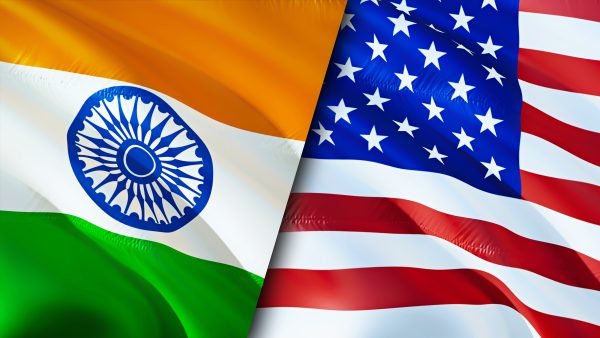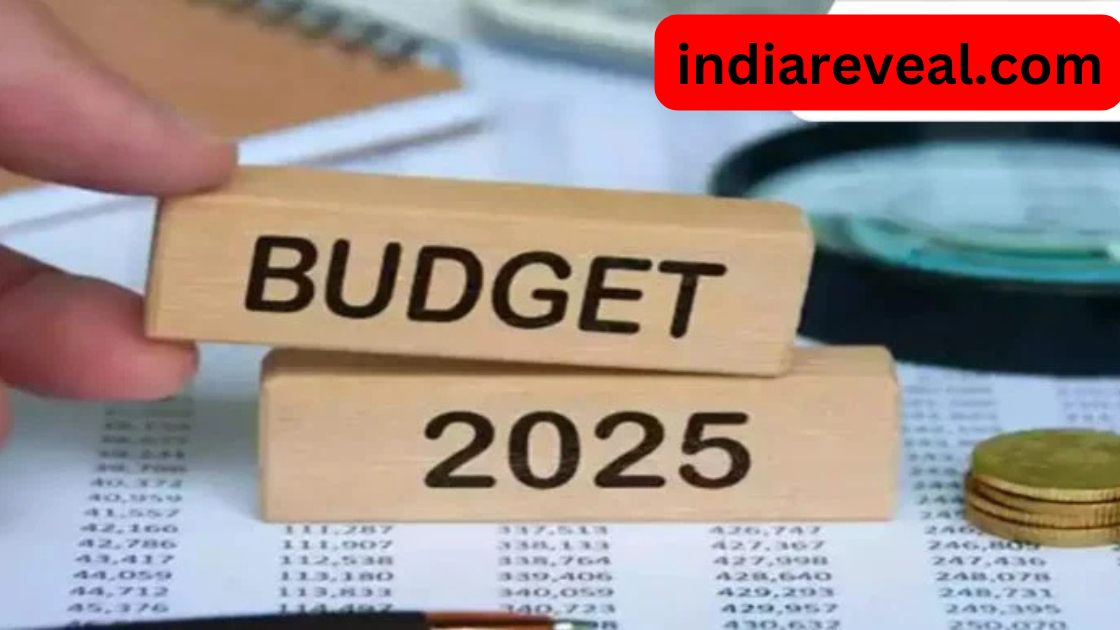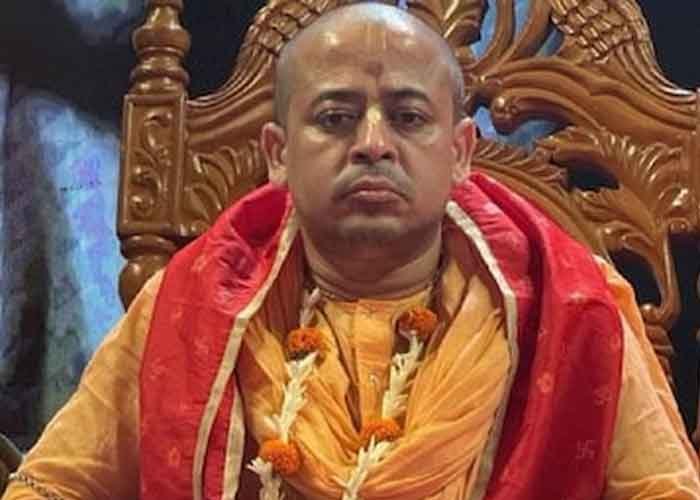The United States is set to remove longstanding regulatory barriers to facilitate civil nuclear cooperation with India, marking a significant advancement in bilateral relations. This development was announced by U.S. National Security Advisor Jake Sullivan during his visit to New Delhi on January 6, 2025.
Sullivan stated that the U.S. is finalizing steps to eliminate regulations that have historically impeded collaboration between leading Indian nuclear entities and American companies. This move aims to reinvigorate the civil nuclear agreement signed in 2007, which has faced delays due to India’s stringent liability laws that assign accident costs to plant manufacturers rather than operators.
During his visit, Sullivan met with Indian Prime Minister Narendra Modi, National Security Advisor Ajit Doval, and External Affairs Minister S. Jaishankar. The discussions encompassed a broad bilateral, regional, and global agenda, including advancements in defense, cyber, and maritime security. Both sides acknowledged the progress made through the Initiative on Critical and Emerging Technologies (iCET), which focuses on areas such as artificial intelligence, quantum computing, semiconductors, telecommunications, defense, and space.
Prime Minister Modi expressed satisfaction with the strengthening partnership, stating that the India-U.S. Comprehensive Global Strategic Partnership has reached new heights in technology, defense, space, biotechnology, and artificial intelligence. importance of building upon this momentum for the benefit of both nations and global well-being.
This initiative to remove regulatory obstacles is expected to pave the way for the construction of U.S. nuclear power plants in India, aligning with India’s goals to expand its nuclear power generation capacity. The collaboration also underscores a to developing resilient clean energy supply chains and promoting peaceful nuclear cooperation.




